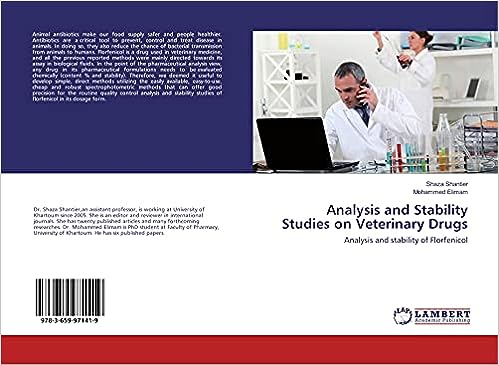Sampling and Analysis of Pivotal Batches for Stability Studies – Powder and Syrups for Reconstitution
Purpose
The purpose of this Standard Operating Procedure (SOP) is to describe the procedures for sampling and testing pivotal batches of powder and syrups intended for reconstitution. This ensures that stability studies are conducted under controlled and reproducible conditions, generating reliable data for regulatory submission.
Scope
This SOP applies to all pivotal batches of powder and syrups for reconstitution that are subjected to stability testing within the facility.
Responsibilities
- Stability Manager: Ensure proper execution of sampling and testing procedures and compliance with regulatory guidelines.
- Stability Technicians: Perform sampling and testing as specified
and document results accurately.
Quality Assurance (QA) Team: Review and approve sampling and testing procedures and ensure adherence to regulatory standards.
Procedure
- Preparation for Sampling:
- Ensure all necessary sampling equipment and containers are clean and suitable for use.
- Label sampling containers with batch information, sampling date, and storage conditions.
- Sampling Procedure:
- Identify the pivotal batches for sampling based on the stability protocol.
- Randomly select samples from different locations within the batch to ensure representativeness.
- For powders, collect the required quantity using a sterile scoop or spatula and transfer into labeled containers.
- For syrups, draw the required volume using a sterile pipette or syringe and transfer into labeled containers.
- Ensure no contamination occurs during the sampling process.
- Reconstitution:
- Reconstitute powders and syrups according to the specific instructions provided in the product’s labeling.
- Use sterile water or other specified solvent for reconstitution.
- Mix thoroughly to ensure complete dissolution or suspension.
- Testing of Samples:
- Perform initial testing on the samples to establish baseline data at time zero (To).
- Conduct the following tests on the sampled products:
- Appearance
- pH
- Viscosity (for syrups)
- Assay of active ingredients
- Related substances/impurities
- Microbial limit tests
- Moisture content (for powders)
- Record all test results in the appropriate laboratory notebooks and databases.
- Documentation:
- Document the sampling process, including the batch number, sampling date, and sample quantities.
- Maintain detailed records of all tests performed, including methods, results, and observations.
- Ensure all documentation is reviewed and approved by the Stability Manager and QA Team.
- Handling Deviations:
- Investigate any deviations from the specified procedures or unexpected results.
- Document the deviation, including the date, time, personnel involved, and potential impact on the study.
- Implement corrective actions to address the root cause and prevent recurrence.
- Record corrective actions taken and review effectiveness.
- Quality Control:
- Perform a final review of the sampling and testing data to ensure accuracy and completeness.
- QA Team to conduct periodic audits of sampling and testing records for compliance.
- Storage of Samples:
- Store the remaining stability samples under specified conditions in stability chambers.
- Ensure proper organization within the storage units by study, batch, and time point.
Abbreviations Used
- QA: Quality Assurance
- SOP: Standard Operating Procedure
- To: Time Zero
Documents
- Stability Protocol
- Sampling Records
- Test Methods and Specifications
- Laboratory Notebooks
- Audit Reports
References
- ICH Q1A(R2) Stability Testing of New Drug Substances and Products
- FDA Guidance for Industry: Stability Testing of Drug Substances and Drug Products
SOP Version
Version 1.0 – Effective Date: [Insert Date]

